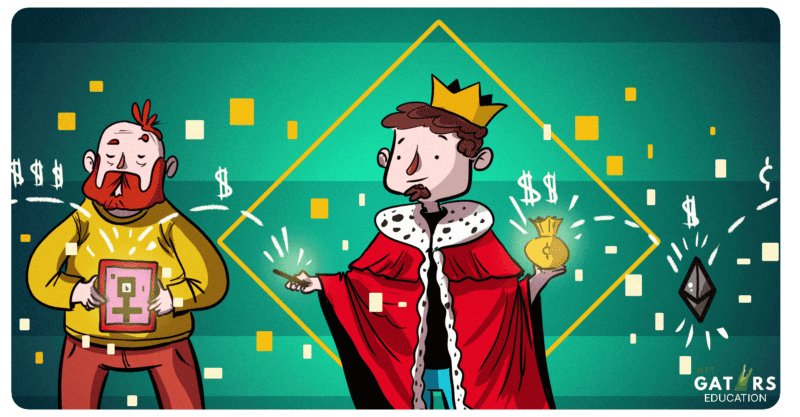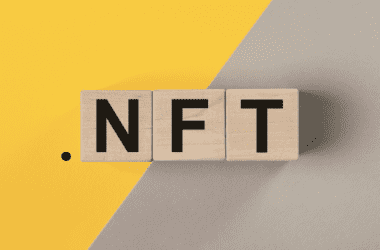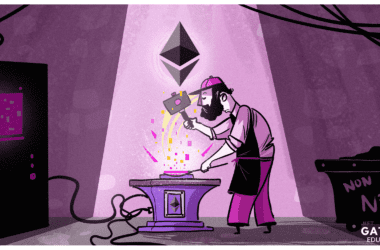Last Updated on February 1, 2023
Royalties, or royalty payments, are financial payments that are made from one party to another for the ongoing use of their assets. The term is most commonly associated with the music industry, where musicians allow their records to be played on the radio, streamed online, or sampled by other musicians in exchange for a (royalty) fee. However, it isn’t just musicians that are owed royalties when their work is used. Songwriters, composers, publishers, novelists, producers, and just about anybody involved in a creative process has the potential to claim royalties.
With that said, the system for royalty payments has been fraught with issues since its inception, with artists continually being confronted with things like corruption, misplaced data, delayed payments, contention over ownership, and a lack of urgency from distributors to adapt to the demands of the digital age.
Fortunately, over the past couple of years, an unexpected yet welcome solution has begun to gain traction in the creative world, and finally, artists, designers, and creators are beginning to see the returns they are due for their artistic efforts. Yep, NFTs and blockchain have revolutionized yet another industry, and this time, royalty payments present one of the clearest cut use cases for NFTs to date.
What are NFT royalties?
NFT royalties give artists a percentage of the sale price each time their artwork is resold. No matter how many secondary sales occur, the royalties will always be paid back to the original creator, and the best part is that the whole process is automated.
Thanks to the power of the blockchain and smart contracts (as well as the unique identifier properties of NFTs), artists can take home a cut of the profits for the artwork in perpetuity – which is precisely how royalties should function.
How do NFT royalties work?
The amount of royalties that each artist receives all depends on the terms that were stipulated in the smart contract when the NFT was minted. On OpenSea, the maximum royalty percentage is set at 10%, which means that artists will earn a full 10% on all future sales of their artwork. For example, if you mint an NFT with a 10% royalty fee built into the contract, you would earn 0.5 ETH on a 5 ETH sale, even if you had no part in the transaction.
All of this is made possible by the blockchain’s immutability and transparency. Since the public ledger protects the integrity and authenticity of the artwork, the automated protocols will ensure that anytime the requirements specified in the smart contract are met, the relevant action is taken, which in this case is the payment of royalties.
Furthermore, the blockchain will execute its function without the need for an external agent or intermediary, eliminating the need for a middleman, thus increasing the value delivered to artists. Some of the additional benefits of NFT royalties are as follows:
- Giving artists full control over their artwork and digital creations
- No disputes over ownership
- Fully automated payment systems
- Perpetual royalties despite the number of secondary sales
Empowering artists with the blockchain
The advent of NFTs is a breath of fresh air for the creative industries. For a long time, royalties have plagued these sectors, causing numerous conflicts and disputes and serving as a major source of frustration for artists. Fortunately, this is slowly becoming a thing of the past, thanks to blockchain, smart contracts, and NFTs.
With the original creators regaining full control over their work and setting their own terms (without the need for a middleman), there is every chance that the rise of NFT royalties will spark a revitalization of many creative industries as artists feel confident that they will be fairly compensated for their artistic works.
FAQ
How are NFT royalties calculated?
NFT royalties are usually calculated as a percentage of the sale price or revenue generated from the NFT. The exact percentage will vary depending on the agreement between the creator and buyer.
Are NFT royalties taxed?
Yes, NFT royalties are considered taxable income and should be reported on your taxes in accordance with your local tax laws.





